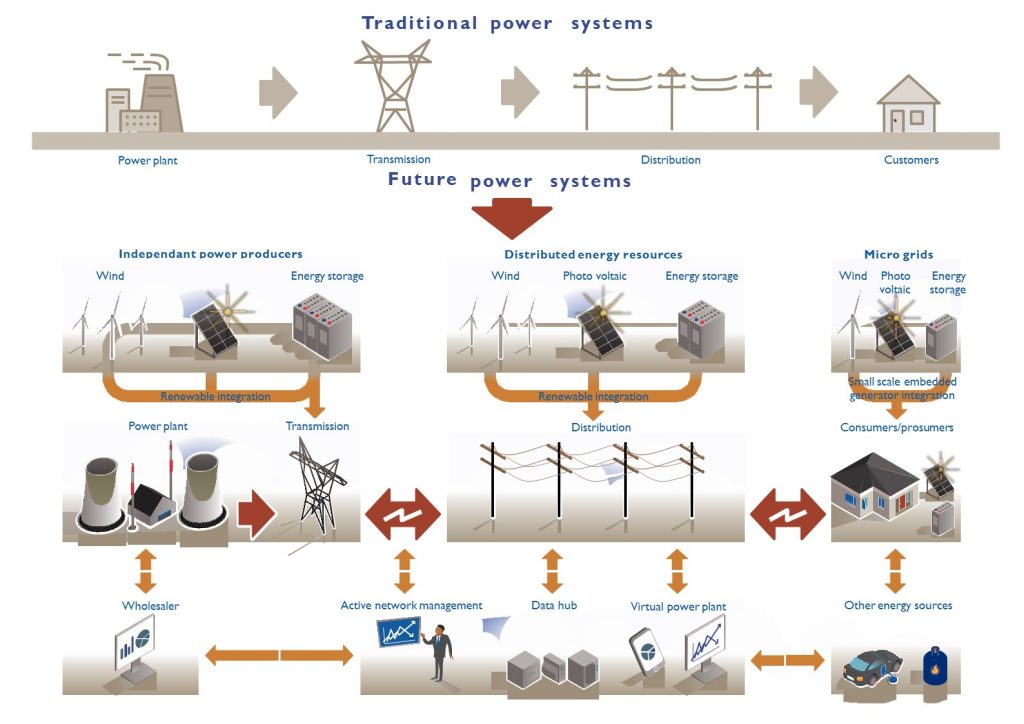
The Distribution System Operation is at the heart of the “Just” Energy Transition (JET) towards the future decarbonisation of the electrical energy sector and the Electricity Distribution Industry (EDI). This new capability will securely operate and develop an active distribution system comprising networks, demand, generation and other flexible Distributed Energy Resources. It will enable competitive access to markets and optimise the use of Distributed Energy Resources on the network to deliver security, sustainability and affordability in the support of whole system optimisation.
As a distribution system operator (DSO), customers would include:
- Retail Electricity Providers (REPs): These are the companies that purchase electricity from generators and then sell it to end-users. REPs are the primary customers of DSOs since they rely on the distribution network to deliver electricity to their customers.
- Industrial and Commercial Customers: These are the large consumers of electricity, such as factories, shopping malls, and office buildings. They require reliable and uninterrupted power supply, and the DSO is responsible for ensuring that their power needs are met.
- Residential Customers: These are the end-users of electricity, such as households and small businesses. They rely on the distribution network to receive a constant supply of electricity for their daily needs.
- Renewable Energy Producers: As the demand for renewable energy sources increases, DSOs are expected to work with small-scale renewable energy producers, such as solar panel and wind turbine owners, to integrate their production into the distribution network.
- Other Stakeholders: DSOs also have to work with regulators, policymakers, and other stakeholders to ensure the smooth operation of the distribution network and to implement any necessary changes to meet the evolving needs of the energy sector.

